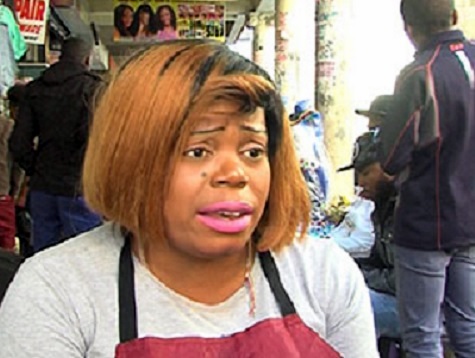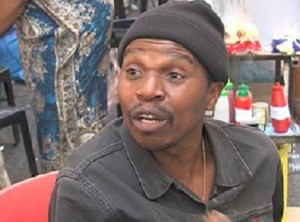Mozambique: Government to boost contribution of logistics to GDP
Financial crisis squeezes Mozambican traders in Johannesburg

O País
Swollen with population from all corners of the continent, Johannesburg has long represented El Dorado for many Mozambicans, personifying dreams of lifting entire families out of poverty. But now things have changed. The financial crisis affecting the world also affects the many Mozambicans who once saw the city as a goldmine.

One of those affected is Aniceto Munguambe, born in Inhambane and living in Johannesburg since 1992. He sells shoes and belts, and since the price of food began to rise and household income fall, life has not been the same in South Africa. Munguambe told O País that in the 90s things were different because there was money circulating in that country and business was quite enough to make a living. “But now, even if the rand is worth more than the metical, things here do not go well,” he says. “To tell the truth, life here is harder than at home, because when we visit we notice that our countrymen have been able to organise themselves better than us.”
Amelia Teresa and Maita Tivane two Mozambicans in Johannesburg since 1999 and 2005 respectively who make a living braiding hair share Munguambe’s thoughts. Once, they had Congolese, Nigerian and South African customers. However, most of them have disappeared, and the number of people offering braiding has increased.
Looking back, Maita Tivane remembers how many of them were able to build a business thanks to braidnig, something not thought possible now. When asked why they stay in Johannesburg rather than return to Mozambique, the explanation is almost always the same: the fear of finding nothing to do in the country and failing to re-integrate socially.
Nevertheless, what most worries the many Mozambicans in the city is something else. Tivane Maita explains: “South Africans do not respect foreigners. Xenophobia in language is still strong. I they recognize us on public transport or in the street they call us “horse mackerel” [carapau de Moçambique] and we can’t do anything because we are in their country,” Tivane says.
One Johannesburg suburb has many Mozambicans: Alexandria, where Carlos Mbiza has lived since 1990. Living in the humblest of conditions, Mbiza endures the hardships of life, waiting for an opportunity to return to his homeland. He does not know when it will happen, but every day he wakes up and sets off to sell potatoes, fruit and vegetables with the same determination with which arrived in Johannesburg 26 years ago.













Leave a Reply
Be the First to Comment!
You must be logged in to post a comment.
You must be logged in to post a comment.